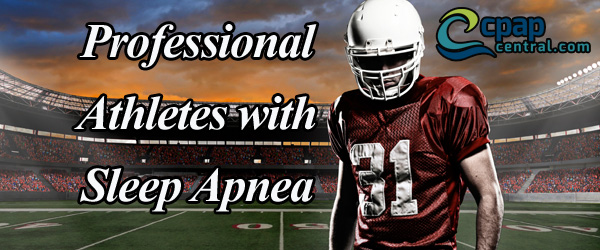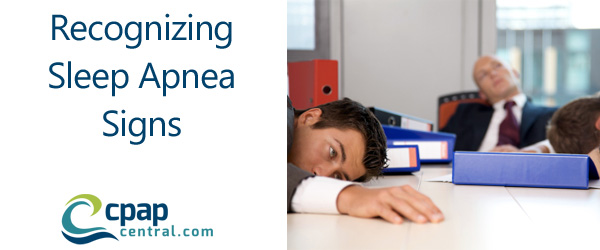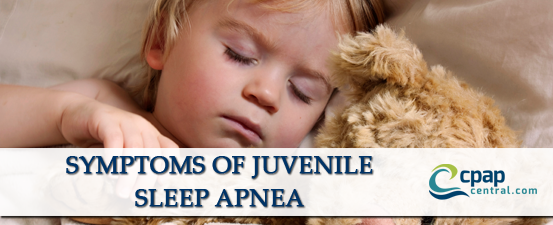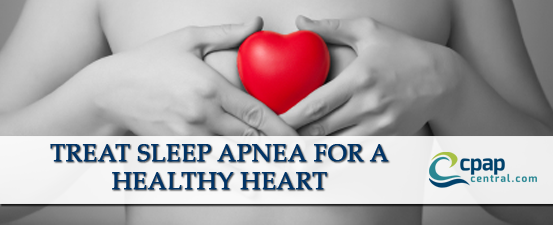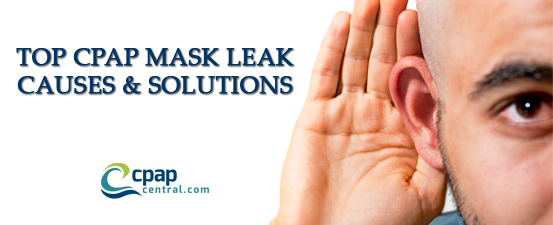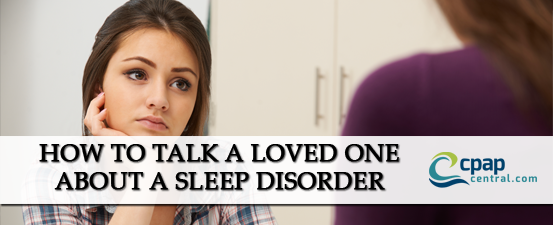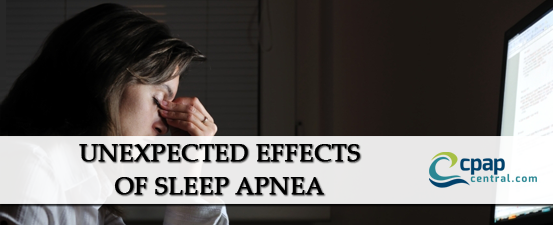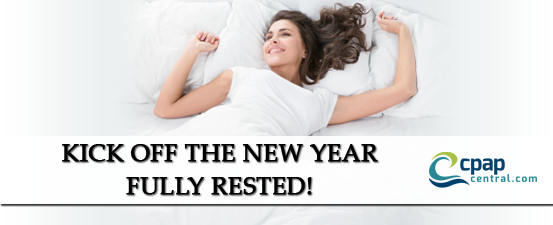Most people believe sleep apnea is a disorder that impacts people that are elderly, overweight, and out of shape. While statistics show that people fitting this description are the most likely to deal with the effects of sleep apnea, this is a disorder that can impact anyone, at any time.
And we mean anyone, even professional athletes. In recent years, we’ve seen several professional athletes, who are in top physical condition, share their sleep apnea stories. Today, CPAPCentral.com wants to share the stories of three pro athletes with you.
Percy Harvin
Most people know Percy Harvin as the electric wide receiver who has had a very successful NFL career. He’s been a Super Bowl champion and was named NFL Rookie of the Year in 2009. But Harvin also has sleep apnea. His diagnosis came after he collapsed during practice in 2010. Tests revealed Harvin had sleep apnea, and his treatment helped him deal with migraine headaches that had plagued him since childhood.
Mike Napoli
Mike Napoli didn’t share his diagnosis with the public until October of 2014, but he said it’s an issue that he’s been dealing with throughout his career. His announcement included the revelation that he was planning to have surgery to help deal with his condition after treatment methods like CPAP machines, medication, and mouth pieces hadn’t helped. Despite dealing with sleep apnea, Napoli is a Major League Baseball All-Star and World Series Champion.
Anthony Bennett
Now playing for the Minnesota Timberwolves, Anthony Bennett was the first overall pick by the Cleveland Cavaliers in the 2013 NBA draft after starring as a forward at the University of Nevada, Las Vegas. Bennett had surgery to help treat his sleep apnea after experiencing breathing problems that affected his ability to properly train and recover.
As a disorder that can impact anyone at any time, millions of Americans deal with sleep apnea every night. You may not be a professional athlete, but we want you to know that you’re not alone in your management of sleep apnea. CPAPCentral.com is here to help treat your sleep apnea. Contact us to learn more about the CPAP machines, CPAP masks, and humidifiers that we offer.

